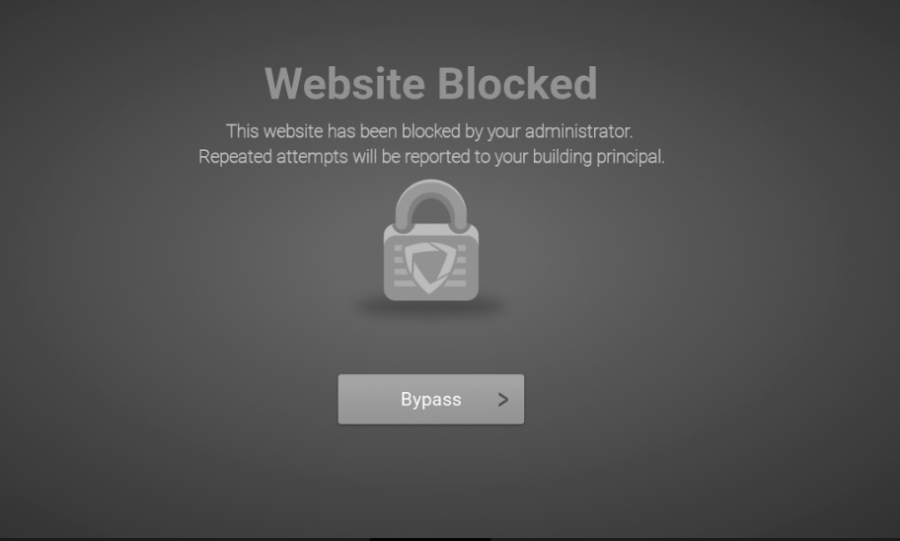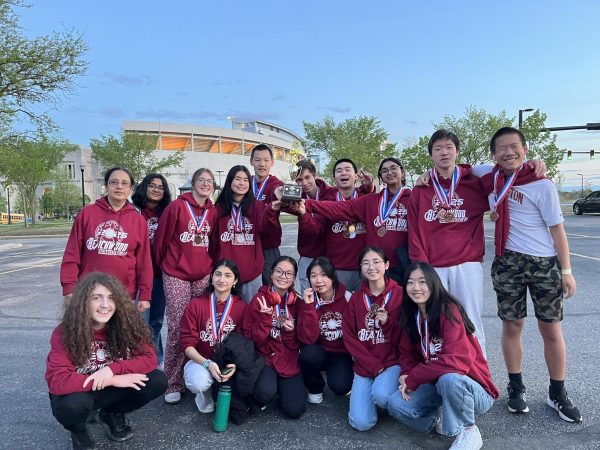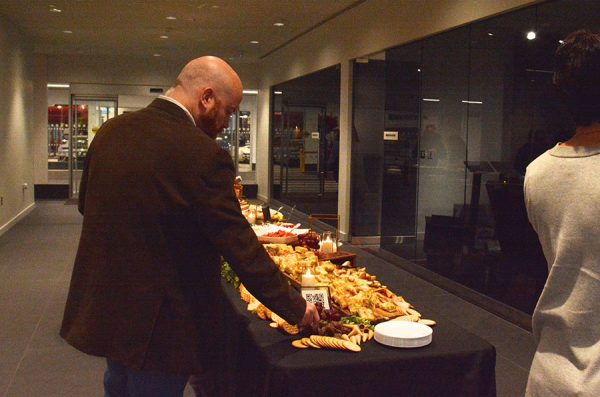Blocked Websites Inhibit Learning, Students Say
Many students have been frustrated this year to find that many websites and keywords have been blocked on the school’s servers.
These students aren’t completely opposed to blocking inappropriate content; they just want the restrictions to be more reasonable.
“[Administrators] obviously need to block a lot of stuff because kids just play during class and they aren’t learning,” freshman Emma Henry noted. “There’s too much… It’s just inconvenient.”
Students have also noted that they are unable to access sites used for class, including Slater, a math website, and Rogerhub, a grade calculator.
Some report trouble accessing websites needed for research, if the web site contains a blocked key word.
“Mrs. Mathews was telling us that you can’t even go on a website with words like ‘lace’ on it, even if the website is educational,” freshman Alyssa Murphy said.
Another major issue raised by many students is that they are no longer able to log out of their Google accounts and into another account.
Assistant Superintendent Ken Veon wrote in an email that some sites are blocked by the web-filtering software GoGaurdian to be compliant with CIPA, or due to a request from a teacher or administrator.
CIPA (Children’s Internet Protection Act) was a law passed by Congress in 2000 to protect children from certain websites while using computers in schools and libraries. The law is an attempt to keep inappropriate content away from kids’ computers.
The school’s restrictions have tightened in response to trends in student use.
“Students are playing more and more games on their computers, using social media during classes,” Veon wrote. “This uptick in usage on sites that are not relevant to the classroom has caused more sites to be blocked.”
“The middle school causes most of the blocking for the district,” technology teacher Craig Alexander said.
According to Alexander, Middle School students are more likely to search for inappropriate content or try to play games during class.
Veon also explained that the district has the ability to track students’ Internet use.
“Although we do not actively monitor student activity, we do have access to information,” he wrote.
“Sometimes when there is bullying or students looking up information about self-harm, we access information to allow us to help students,” he added.
Both Henry and Murphy feel that the process for blocking websites should be more transparent, and students should have a say in the process, even when sites are banned for a good reason.
When students are unable to access a website needed for class, their teacher can request that the site be unblocked.
However, this process takes time, and students can get behind on assignments while waiting for sites to be unblocked.
Henry brought up the role of autonomy in motivation. In the book Drive, Daniel Pink discusses the role of autonomy in motivation. He explains that restrictions may actually discourage people from doing quality work because they lack the ability to make their own choices.
Maybe restrictions on students’ online autonomy has a similar impact.













